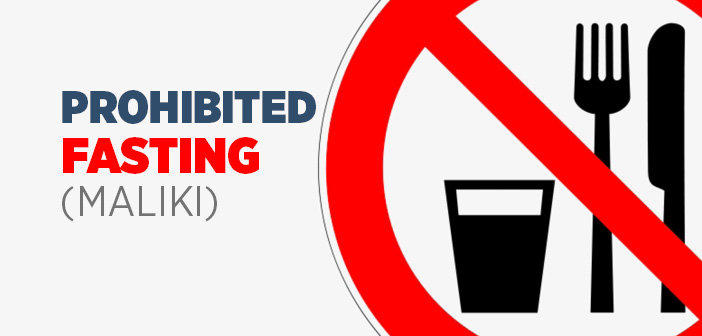What is the prohibited fasting?
The following is the list of the fasting forbidden for various reasons:
- On Festival Days (The first day of the Ramadan festival (Eid al-Fitr) and four days of the Festival of Sacrifice (Eid al-Adha)): It is prohibited to fast on the day that all Muslims celebrate the festivals and share the joy and happiness of each other. One who begins to fast on such days commits a sin and his fasting does not become valid.
- Fasting on the Day of Shakk (Day of Doubt): It is forbidden to fast on the last day of the month of Shaban with the intention that it might be the first day of Ramadan, when it cannot be determined whether the month of Ramadan has begun or not.
- When a woman fasts a supererogatory fasting without getting permission from her husband: A married woman is forbidden to perform a voluntary fast without her husband’s permission or without knowing whether he agrees or not; this prohibition applies unless he is not in need of her-because if he is absent, for example, in a state of ritual consecration, or secluding himself in the mosque for prayer and worship. In this regard, Allah’s Messenger (pbuh) said, “A woman may not fast a day – other than in the month of Ramadan – while her husband is present, except with his permission.”[1]
- Fasting by a woman who is menstruating or experiencing postpartum bleeding: It is prohibited for women to fast when they are menstruating or experiencing postpartum bleeding. Even if they start fasting, it will not be valid. They have to make up the days that they miss in the month of Ramadan due to these special days after their menses or postpartum bleeding ends.
- If there is a danger for life: If it is possible for a believer to die or to lose a limb due to malnourishment, it becomes forbidden for him/her to fast.
[1] Al-Tirmidhi, Sawm, 172
Source: Fiqh1 (According To The Maliki School Of Islamic Law), Erkam Publications





